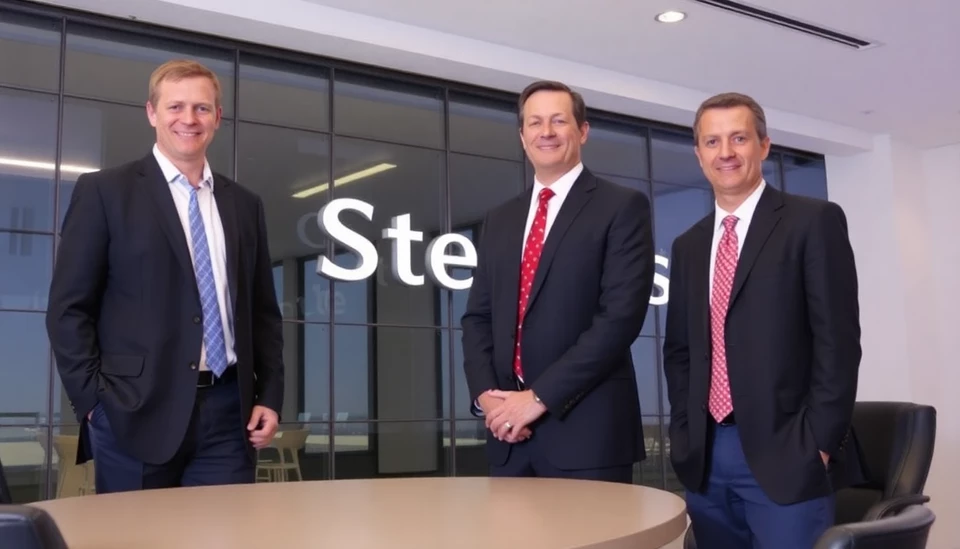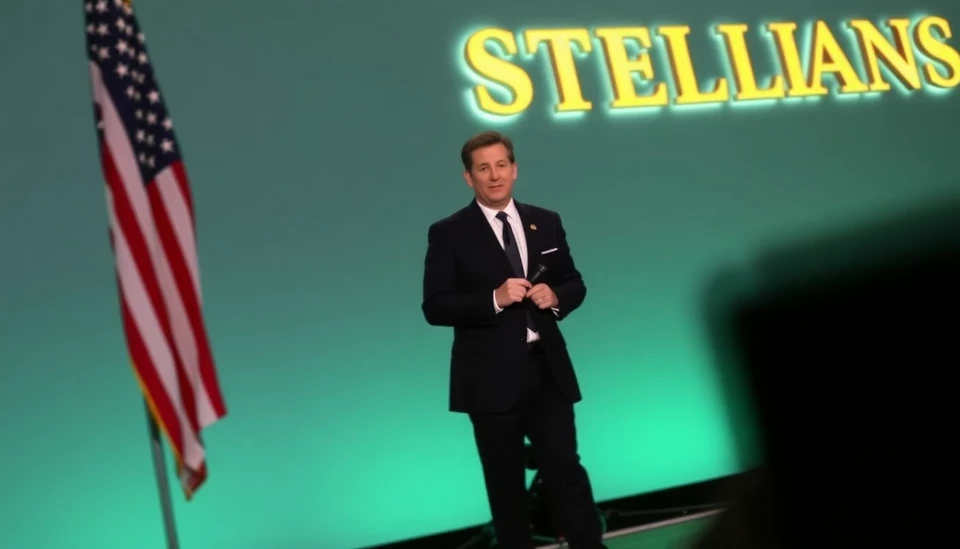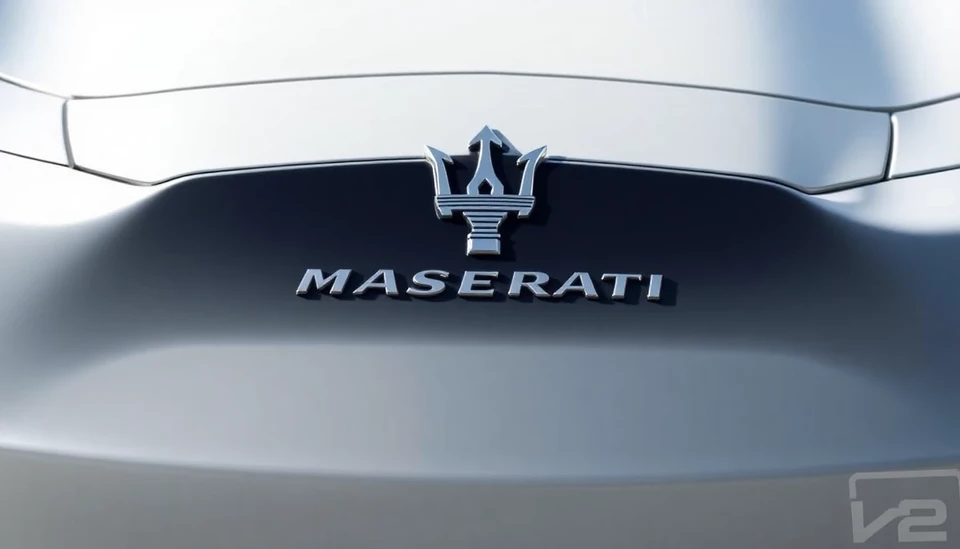
In a significant organizational shift, Stellantis is set to appoint the head of its U.S. operations, Mike Manley, as well as former Chief Financial Officer Richard Palmer, to key leadership roles in the wake of the unexpected exit of CEO Carlos Tavares. This decision underscores Stellantis's commitment to maintaining stability and continuity within the company amidst evolving market challenges and the need for strategic pivots.
Tavares's departure marks a pivotal moment for Stellantis, a multinational automotive giant formed through the merger of Fiat Chrysler Automobiles and PSA Group. His leadership since the merger has been characterized by aggressive restructuring initiatives aimed at streamlining operations and enhancing profitability. As the automotive industry undergoes rapid transformation, particularly with the shift towards electric vehicles, Tavares's exit raises questions about the company's strategic direction moving forward.
Mike Manley, who has held leadership roles at Stellantis since the merger, is credited with significant contributions to the company's success in the U.S. market. His promotion reflects Stellantis's reliance on seasoned executives to steer the company's vision and adapt to the changing automotive landscape. Furthermore, Manley's extensive experience with North American operations positions him well to navigate the complexities of the current marketplace.
Richard Palmer, who previously served as CFO, will also take on a crucial role as the company seeks to recalibrate its financial strategy in light of impending changes. Palmer's expertise in financial management and strategic planning is expected to play a vital role in the formulation of Stellantis's initiatives to enhance efficiency and innovation.
The sudden leadership transition in Stellantis highlights the challenges faced by major automotive manufacturers in adapting to evolving consumer preferences, regulatory frameworks, and technological advancements. With competition intensifying in the electric vehicle space and supply chain disruptions continuing to impact production, companies like Stellantis must be agile and strategically focused to maintain their market position.
Investors and industry analysts are keenly observing how these leadership changes will influence Stellantis's future strategies. The appointment of Manley and Palmer is seen as a way to ensure that the company's operational and financial frameworks remain robust during this transitional phase. Stakeholders are particularly interested in the new leadership's ability to leverage Stellantis's assets effectively while innovating to meet consumer demands.
As Stellantis looks to the future, it faces the formidable task of re-evaluating its corporate strategies under new leadership. The next steps taken by the incoming executives will be pivotal in determining the company's trajectory amid a period marked by unprecedented challenges and opportunities in the automotive sector.
With its ambitious plans for electrification and sustainability, Stellantis aims to not only recover from recent leadership upheavals but also to cement its position as a leader in the rapidly changing automotive market.
As these developments unfold, all eyes will be on Stellantis to see how it navigates this critical juncture in its corporate journey.
#Stellantis #LeadershipChange #AutoIndustry #CarlosTavares #MikeManley #RichardPalmer #ElectricVehicles #AutomotiveNews #CorporateStrategy
Author: Samuel Brooks




